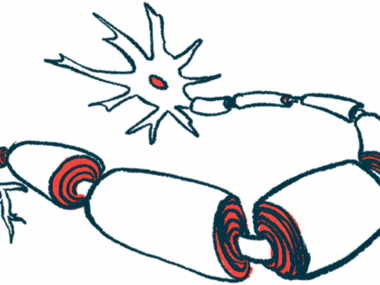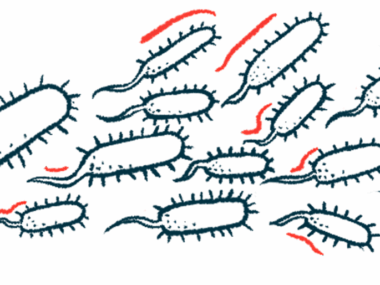Phase 1 Trial of ANK-700 for RRMS Advancing to Multiple Doses
Written by |

A Phase 1 clinical trial investigating the safety and tolerability of Anokion‘s ANK-700 in people with relapsing-remitting multiple sclerosis (RRMS) has begun enrolling patients for its multiple ascending dose part.
This opening of the study’s second part follows positive safety signs in patients given the one of two doses of ANK-700 in its single ascending dose first part.
Recruitment for multiple ascending doses will run alongside enrollment of a third single ascending dose group in the MoveS-it trial (NCT04602390). Contact and U.S. site information is available here. Initial trial findings are expected later this year.
“Since our inception, Anokion has been focused on leveraging novel scientific insights in the biology of autoimmunity to create durable, disease-modifying medicines for individuals with autoimmune disorders that work by re-educating critical immune pathways in the body,” Deborah Geraghty, PhD, CEO of Anokion said in a press release. “Our achievements position us for an exciting 2022.”
Multiple sclerosis (MS) is caused by an erroneous immune response against the myelin sheath — a fatty substance that wraps around nerve fibers and helps neurons communicate more efficiently — in the brain and spinal cord.
ANK-700 is designed to re-educate the immune system and restore immune tolerance to myelin proteins. In other words, it aims to help immune cells see myelin proteins as “self” and leave them unharmed.
The investigational therapy aims to accomplish this by modulating immune tolerance-associated processes in the liver.
Studies in mouse and non-primate models of MS have shown that ANK-700 was able to prevent disease progression or reduce disease activity, depending on how advanced the disease was at the time of administration, Anokion has reported.
MoveS-it is evaluating the safety and tolerability of ANK-700 in up to 33 adults with RRMS, ages 18 to 55, at seven U.S. sites. Eligible patients cannot be using most disease-modifying MS therapies, with the exception of dimethyl fumarate (Tecfidera or generic) or diroximel fumarate (Vumerity).
In its single ascending dose part, trial participants are given one of three doses of ANK-700 as a single into-the-vein infusion. Dosing of the first two groups is complete and, thus far, ANK-700 has been well-tolerated with no safety concerns observed, the company reported.
In its second part, patients will be randomly assigned to three infusions of one of two ANK-700 doses (the lowest doses tested in the first part) or to placebo infusions.
Treatment safety and tolerability, the trial’s primary goal, is being assessed by the number and severity of treatment-related side effects reported over one year. Secondary goals include measures of the treatment’s concentration in the blood at 21 days.
“I … believe we have an opportunity to meaningfully change how autoimmune diseases are treated,” Geraghty said.



